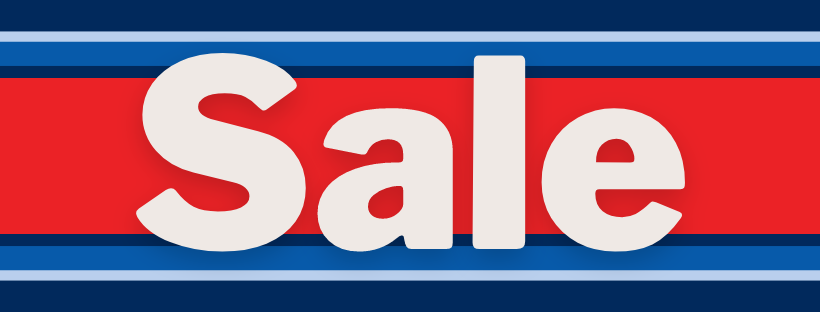A global study commissioned by InterContinenal Hotels Group has revealed that a lack of sleep is a primary concern for travellers, with four in five stating they have trouble sleeping when travelling away from home.
The launch of the findings coincided with World Sleep Day, an annual day devoted to tackling important sleep issues.
The findings from the survey revealed:
- The business traveller loses around 58 minutes of sleep each night when staying away from home, averaging just five hours and 17 minutes of sleep, per night.
- The biggest causes of a restless night’s sleep for those travelling are:
- Different environment (44%)
- Unfamiliar noises (35%)
- Working late (35%)
Dr. Steven W. Lockley, Associate Professor of Medicine, Harvard Medical School commented:
It’s no secret that travelling can be challenging for our health, particularly when it comes to maintaining our normal sleep patterns. Light is the major environmental time cue that resets the circadian clock in our brains each day, which is easily thrown off when travelling.
Over two thirds (67%) of those surveyed stated they feel more tired when they are away from home. To aid sleep, nearly a half either try listening to music (47%) or watching TV (45%) to try and fall asleep. To help travellers combat a restless night away from home, IHG has piloted the use of portable and versatile JOURNI Mobile Task Light designed to help regulate sleep when travelling.
Dr. Lockley continues:
Light can also be a stimulant, directly alerting the brain, or promote sleep before bedtime, depending on the spectrum and intensity of light exposure. Having greater control of light exposure when travelling can help promote sleep at the right time or wake at the right time, preserving some sense of sleep normalcy when on the road.
Brian McGuiness, IHG’s Senior Vice President of Global Guest Experience, commented:
With so many travellers experiencing sleep disruptions when they’re on the road, we want to do everything possible to make sure our guests at any one of our 16 IHG Hotels & Resorts brands have a restful sleep while staying with us.
We’re excited to be the first hotel company to pilot this technology that uses LED lighting to improve guest sleep, and it’s just one of the many programs we’ve introduced over the years to improve guest experience, such as our Crowne Plaza Sleep Advantage programme with premium bedding and aromatherapy kits and our Holiday Inn pillow menu.
Crowne Plaza Atlanta Airport will be the first IHG Hotels & Resorts property to install the JOURNI Mobile Task Light as part of this pilot project. Guests can easily adjust the light from the blue-enriched white spectrum to boost energy and performance when awake, to the blue-depleted spectrum for use in the evening in preparation for bedtime, to promote a more restful night’s sleep.
Contact your GTM Account Manager when you need to book hotel nights at any IHG hotel property, including the Crowne Plaza Atlanta Airport.













